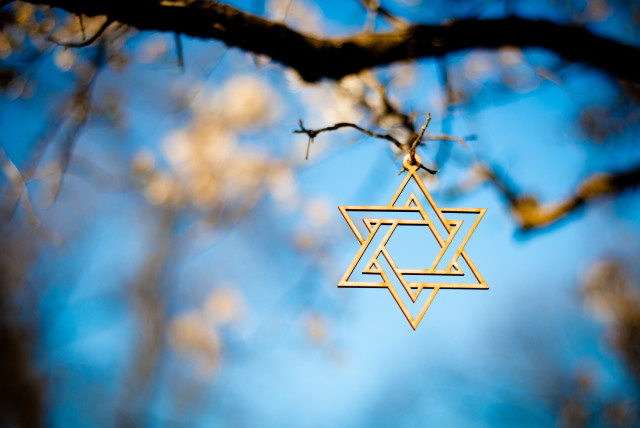Jewish holiday guide to friends, family of childless people - opinion

Holidays are a difficult time for all those living with childlessness and infertility. Imagine how much more difficult it may be within the Jewish community.
Whether it is the barrage of Hebrew calendars arriving in your mailbox or the various grocery stores offering honey products, one thing is clear, the High Holy Days are upon us. Holidays are a difficult time for all those living with childlessness and infertility. Imagine how much more difficult it may be within the Jewish community, where the expectations of everyone having children, combined with the higher number of holidays and the closeness of extended family.
What are some ways in which you can help make this difficult time a bit easier – or at least not harder? Here are some ideas: Invite, do not expect – while inviting someone and making them feel included, especially during the holidays, is a show of kindness and inclusiveness, those going through fertility treatments may have no idea what they are doing a week from now.
Whether it is because of the need to be in proximity to a specific physician, dealing with a loss, or good news that needs to be carefully monitored, making plans more than a few days in advance can be impossible.
How to make those without children feel more comfortable on the holidays
If you want to make someone feel included, let them know that it would be great to see them, but tell them you have no need for an answer. Let them know there is a spot waiting for them around the table but that they do not need to confirm at the time. You can also extend an invitation closer to the actual time of the holidays.
Ask no questions, hear no lies. From Srugim, Ushpizin, Baron, The Wedding Plan, The Art of Waiting, and other excellent Israeli film productions, the stress induced in those without children or marriage partners in our communities is immense. Most difficult of all? The nagging questions. From “Did you find someone yet?” to “So how many children do you have?” questions can publicly humiliate, hurt, and traumatize those who already have enough to deal with.
I remember with horror being cornered publicly at a circumcision by a person I had never met. “How many children do you have?” to which I answered we do not have children. “Why not?” the stranger persisted in the public setting.
There is a point where such questions are not only impolite but outright abusive and hurtful. Unfortunately, this kind of behavior is all too common. At times, its victims are people who have experienced loss, while at other times, its victims are people dealing with a difficult circumstance. Try to create an environment free of prodding questions, and welcoming to all.
Spare your sympathy – nothing ends up hurting people facing the challenges of childlessness more uncalled for sympathy or even a public acknowledgment of the situation they are facing. Public or outright sympathy most often evokes self-consciousness and pain. If you are having someone over on the holidays who is childless, treat them like everyone else. Don’t offer extra advice, tips, questions, or mercy; just a friendly welcome.
Beware of awareness – the rabbis teach us that one of the painful things about the life of Hannah, prophet Samuel’s mother, was that she was always made aware of her situation. In a story we read Rosh Hashanah morning, Penina, Hannah’s co-wife, speaks about children, errands, and how busy child rearing can be, something that painfully stabs Hannah’s heart as her childlessness is constantly highlighted in her awareness. Avoid doing the same to those at your own table, and find more neutral subjects to discuss.
There are countless other ways you can be more sensitive and do more for those facing the difficulties of childlessness. Much of this awareness needs to be extended to their relatives – especially parents – who might have similar anxieties about the lack of children in their families.
There is no one golden rule. Use common sense, be sensitive, be thoughtful, be compassionate, and may everyone have a Shana Tova Umetuka.
The writer is a New England-based 11th-generation rabbi, teacher, and author. He has written Sacred Days on the Jewish Holidays and Poupko on the Parsha, as well as hundreds of articles published in five languages.
Jerusalem Post Store
`; document.getElementById("linkPremium").innerHTML = cont; var divWithLink = document.getElementById("premium-link"); if (divWithLink !== null && divWithLink !== 'undefined') { divWithLink.style.border = "solid 1px #cb0f3e"; divWithLink.style.textAlign = "center"; divWithLink.style.marginBottom = "15px"; divWithLink.style.marginTop = "15px"; divWithLink.style.width = "100%"; divWithLink.style.backgroundColor = "#122952"; divWithLink.style.color = "#ffffff"; divWithLink.style.lineHeight = "1.5"; } } (function (v, i) { });

